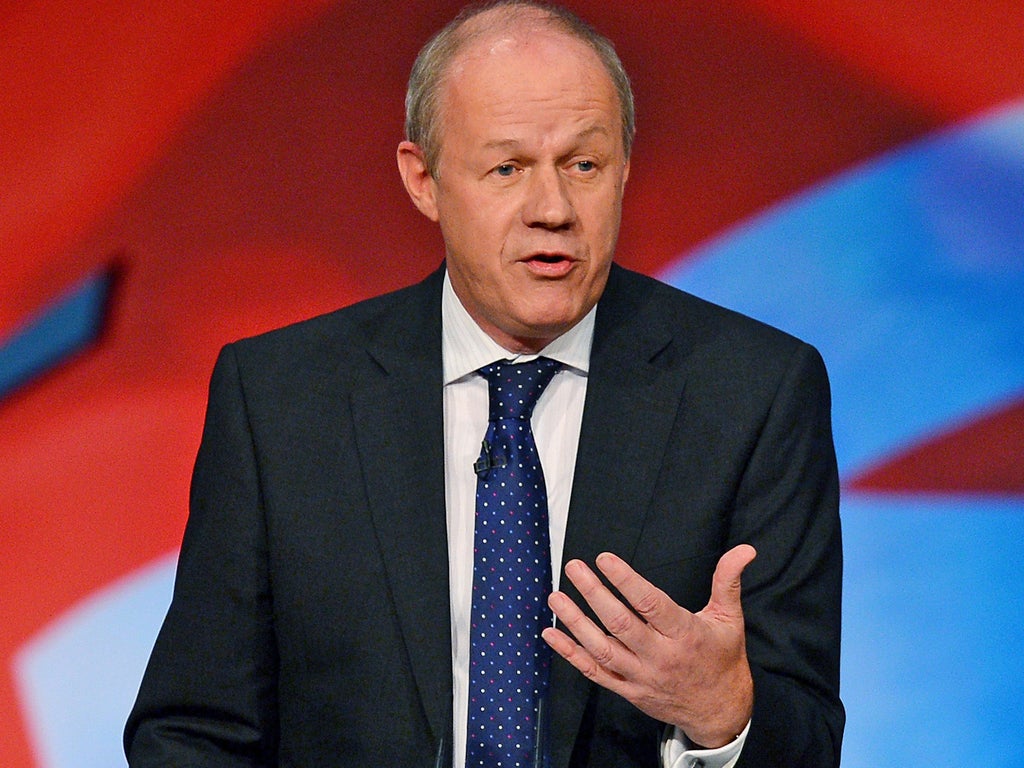New Home Office rules give police sweeping powers to curb sex offenders

Police are to get the power to restrict the freedom of anyone they suspect of being a sex offender, even if the person has never been convicted of a crime.
Under new rules announced by the Home Office, police will be able to apply to the courts for a new order to restrict the activities of anyone they judge to be a risk but have not charged with an offence.
This can include limiting internet use, stopping the person from being alone with a child under 16 and preventing travel abroad. Anyone breaching the so-called Sexual Risk Order, which lasts for at least two years, could be jailed for up to five years.
The proposals, in the Antisocial Behaviour, Crime and Policing Bill, also include a new Sexual Harm Prevention Order that can be applied to anyone convicted or cautioned for a sexual or violent offence, including those committed overseas.
This lasts a minimum of five years and has no maximum duration. It also includes a requirement for the individual to place themselves on the sex offenders’ register. The two new orders will replace current powers that can be imposed on sex offenders who have been convicted, cautioned, warned or reprimanded for an offence.
Richard Atkinson of the Law Society said: “A great deal of stigma is attached to anyone who has such an order made and if the process of obtaining these is less than that needed for a conviction, that’s a very worrying departure from our normal standards.”
The Home Office claimed the changes would “enable greater flexibility” to allow the police and the National Crime Agency to “exercise their professional discretion to protect children and adults from sexual harm”.
Damian Green, the minister for policing and criminal justice, said the UK already had some of the toughest powers in the world to deal with sex offenders but needed to go further. “By giving police and National Crime Agency officers the power to place greater restrictions on any person they judge to be a risk we will tighten the law on sex offenders and make it easier for police to monitor them,” he said.
